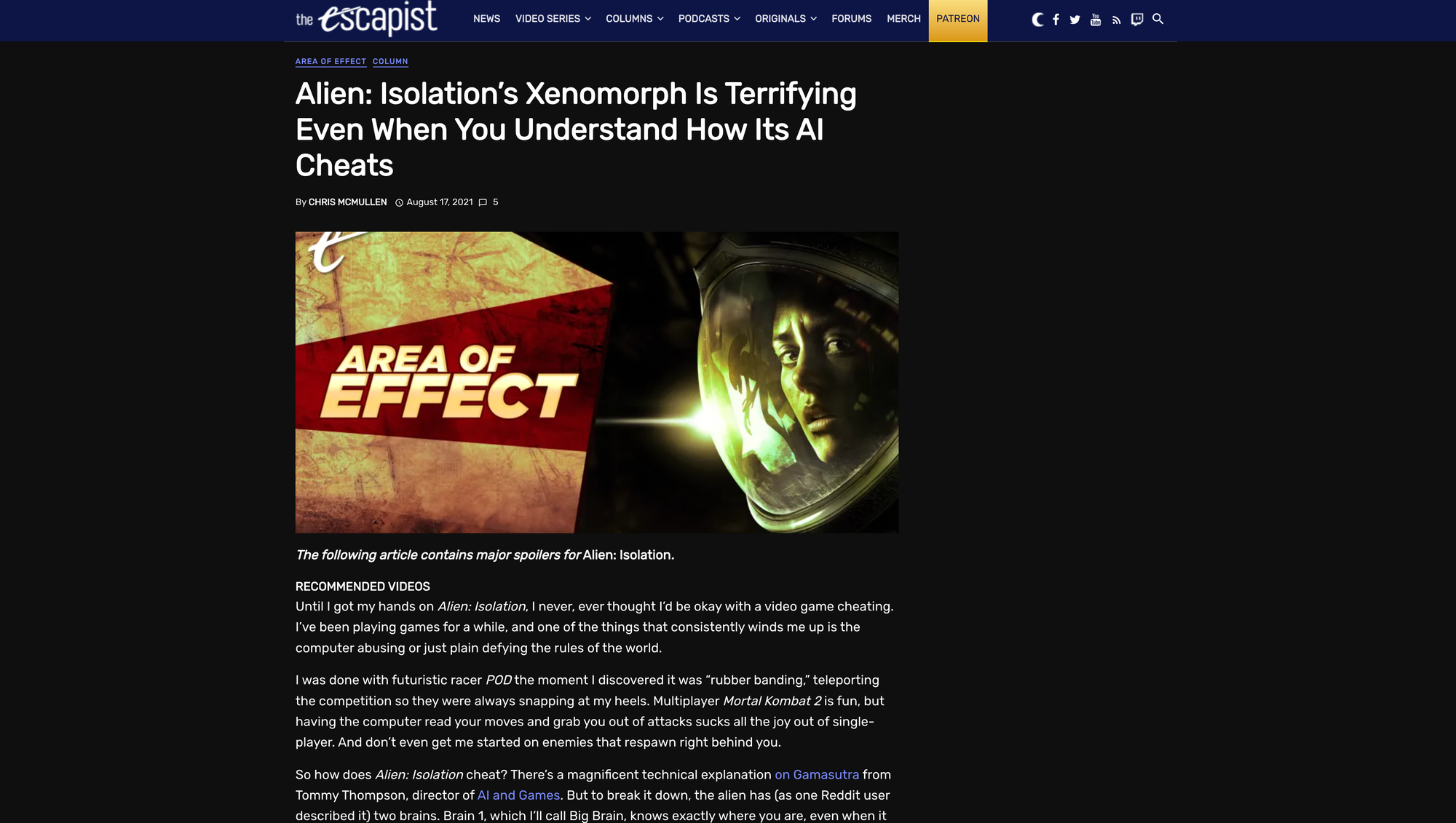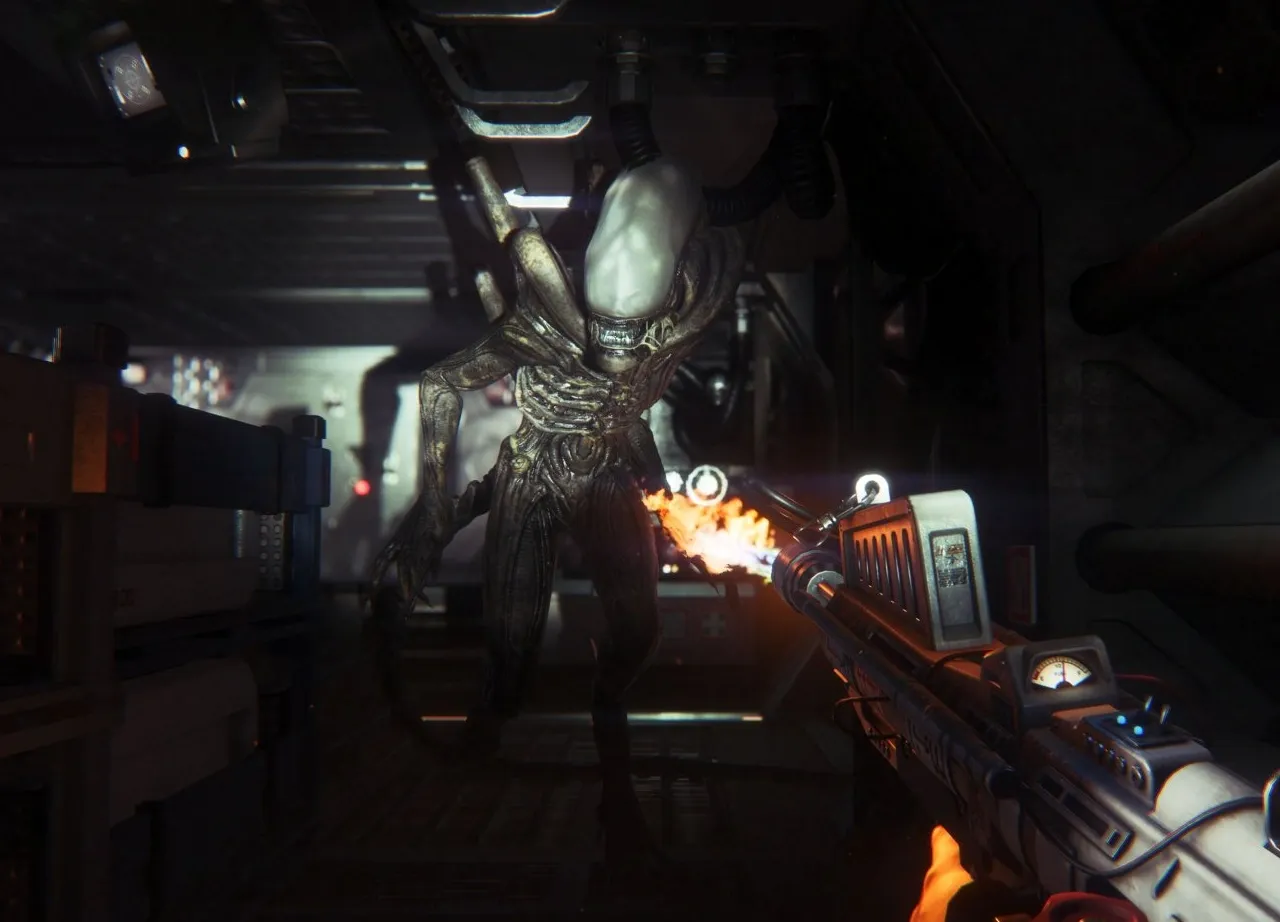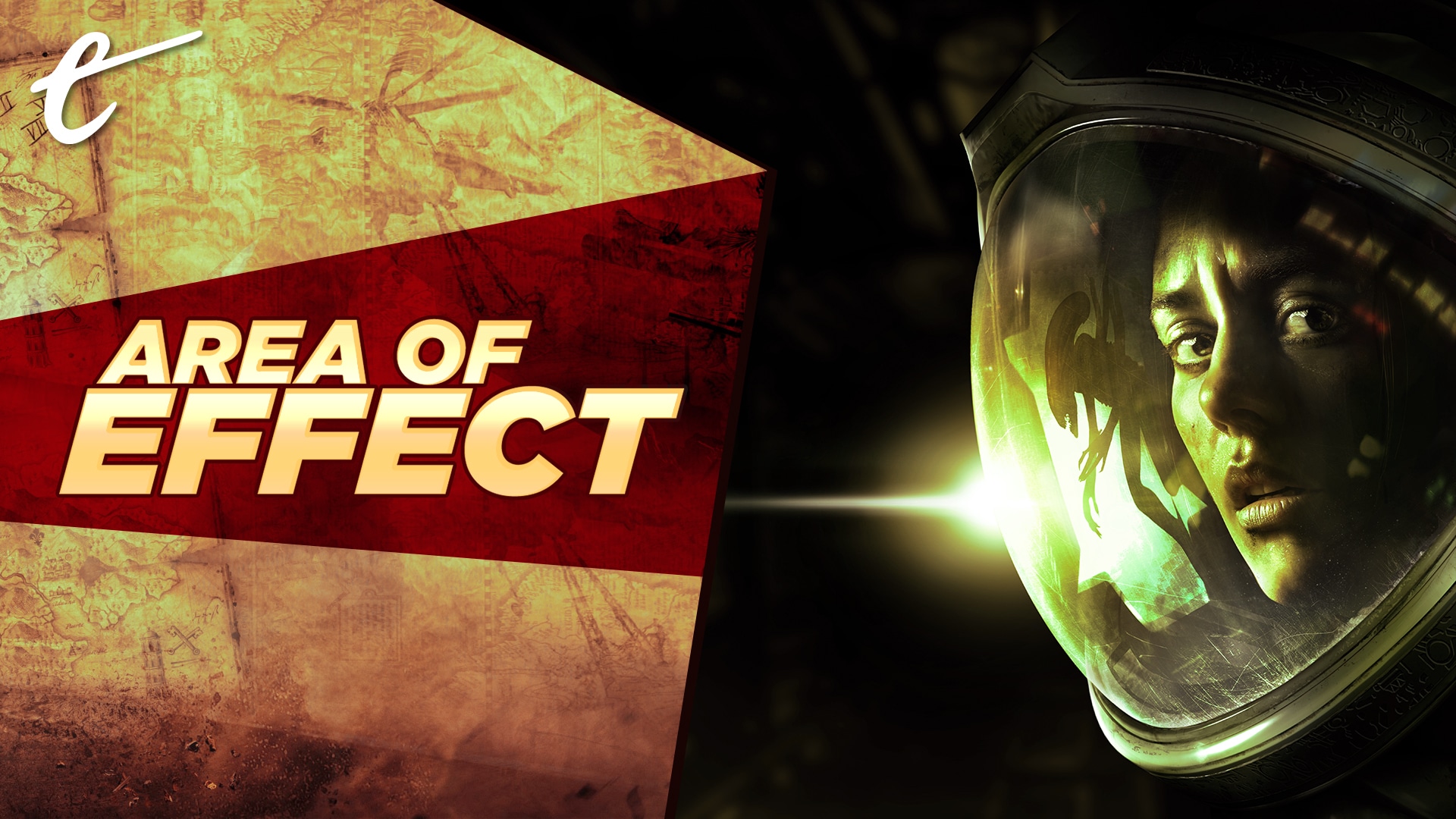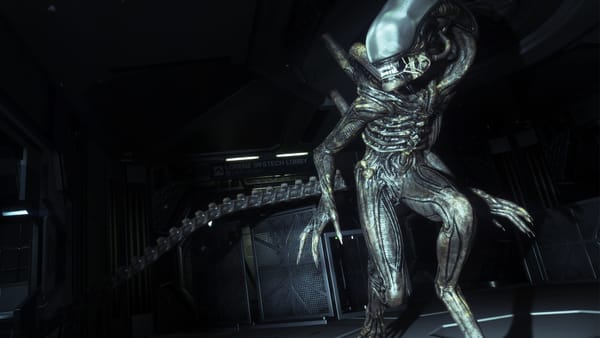TLDR: Alien: Isolation features a "dual-brain" AI, making the Xenomorph an unpredictable and adaptive predator, enhancing the terror. Read on to learn more about this, and what I think we can expect from the sequel.
Despite its flaws, Alien: Isolation captivates with its meticulous detail and haunting atmosphere.
Creative Assembly created an unforgettable experience—a true homage to the source material—making every Xenomorph encounter, from first to fiftieth, utterly gripping. To say I'm excited about the recently announced next installment would be an understatement.
"Another Alien: Isolation article, Chris? Why this time?"
Well, I'll tell you why.
I recently discovered that Isolation's AI mechanics, which feature a "two-brain" system, not only maintain the creature's impact but make it even creepier, ensuring an optimally terrifying experience.
There's a lovely read on escapistmagazine.com from Chris McMullen, which I've linked at the end, and I'd recommend you give it a go, as most of what I'm talking about here has originated from that article.

Chris explains the AI like this: Brain 1, nicknamed Big Brain, functions as an omniscient overseer. It always knows your location, even when it shouldn't, but it doesn't directly control the alien. Instead, it provides the alien with hints about your general area to prevent the game from feeling too random or dull.
In theory, this should make the alien less creepy—it’s just an explanation of what’s happening behind the scenes. But for me, it makes it even more unsettling. It feels predatory, like a digital embodiment of raw animal instinct.
Direct control of the alien falls to so-called brain 2, or what Chris calls, Little Brain. This drives the alien’s actions—whether it’s sprinting toward you after spotting a flicker of movement or honing in on your motion tracker’s panicked beeping.
Without Big Brain’s subtle nudges, Little Brain would be far easier to outsmart.
But Big Brain isn’t having any of that.
Big Brain uses its omniscience to tell Little brain which direction it should be heading. It won’t tell Little Brain exactly where you are, but it’ll give it a big nudge, which is why the alien’s never all that far away.
The AI of Alien is a wonderful exploration of the terror without. Recommended. Source: Tommy Thompson
The twin brain concept, which has been discussed long since I penned this article, seems to suggest that the Xenomorph exhibits a form of life and responsiveness depending entirely on the player's actions.
In theory, this should make the alien less creepy—it’s just an explanation of what’s happening behind the scenes. But for me, it makes it even more unsettling. It feels predatory, like a digital embodiment of raw animal instinct.
Creepy. More so when you consider the alien can't always see you, but it is aware of your presence because of decisions you make in the game.
It's clever and is designed to add tension, and unpredictability, as you sneak your way around dimly lit corridors and dark shafts. The alien simultaneously knows and doesn't know where you are at all times.
Hunting You Down
Traditional AI in game design often relies on "scripted" behavior, where enemy actions follow predetermined patterns.
These scripts provide structure and predictability, ensuring gameplay progression aligns with design intent. However, such methods can limit immersion, as repeated or predictable responses make enemies feel less dynamic, reducing the sense of challenge and realism in stealth or survival scenarios.

Think about games you’ve played recently. For me, Days Gone and Death Stranding come to mind—both games I thoroughly enjoyed. However, their predictable AI often made dealing with enemies much easier and less challenging.
The lack of dynamic responses can break the illusion of a living, breathing game world. NPCs seem like, well, NPCs.
While this design approach provides structure and ensures gameplay progression, it often pulls me out of the experience due to the lack of unpredictability and immersion that truly make a game engaging.
In Alien: Isolation, however, the alien’s response is influenced by subtle clues—like hearing a noise or sensing something out of place. The alien might not immediately follow the sound; instead, it might hesitate, as if it’s figuring out the best course of action.
The tension increases because you never quite know how the alien will respond, keeping you on edge.
In moments where you’re trying to escape through dark corridors, the alien could be anywhere, and you don’t have the safety of knowing its movements ahead of time.
The AI doesn’t just hunt based on a fixed schedule—it learns from your behavior.
If you hide too long in one area, the alien can figure out your location by piecing together environmental clues, adding a layer of realism that keeps you constantly adapting.
"Game design is all about figuring out how to craft the experience you want from the tools you have available." - Ask a Game Dev
This dynamic, ever-changing AI enhances immersion by creating a world that feels reactive and alive. The alien doesn't just follow a set routine—it behaves like a living, hunting creature, making every encounter uniquely terrifying.
The unpredictability forces players to stay alert and adjust their strategies, much like how a real predator might alter its approach based on the environment and its prey’s behavior.
This level of immersion is what makes Alien: Isolation such a standout example of horror gaming, where tension is built not through jumpscares, but through the constant fear of the unknown, driven by the alien's intelligent and adaptive AI.

With Alien: Isolation 2 now announced, the potential for even smarter AI is thrilling if terrifying.
The first game set a high bar by making the alien feel like a cunning predator, but the sequel could take it even further, aligning the creature's behavior with how it's portrayed in the movies.
In the films, Xenomorphs are far from mindless—they're strategic and calculating. Imagine an alien that doesn't just hunt you but actively tries to outwit you. It could cut the power to rooms you're hiding in, lock doors, or even use the vents to corner you, just like in Aliens when it used its environment to gain the upper hand.
This kind of intelligence would make every encounter feel like a tense game of cat and mouse, where the alien isn't just reacting but planning its next move.

Building on the original dual-brain system, Alien: Isolation 2 could introduce more layers of the alien's intelligence.
One brain could continue focusing on its hunting instincts, while the other adapts more strategically to your actions. If you repeatedly use the same escape tactics or rely on certain resources, the alien could begin to anticipate and counter them. It could even tailor its behavior to different players, making each encounter feel unique.
The result would be an alien that feels far less like a scripted threat and more like a genuinely intelligent, unpredictable predator—one that keeps you constantly on edge, knowing that no two chases will ever be the same.
So, the next time you find yourself cowering in a ventilation shaft or lingering in a shadowy corner, remember – the Xenomorph isn't just a scripted adversary; it's a cunning predator with a two-brained strategy, making every encounter a thrilling and unpredictable dance between survival and the relentless pursuit of the unknown.
Additional reading:














